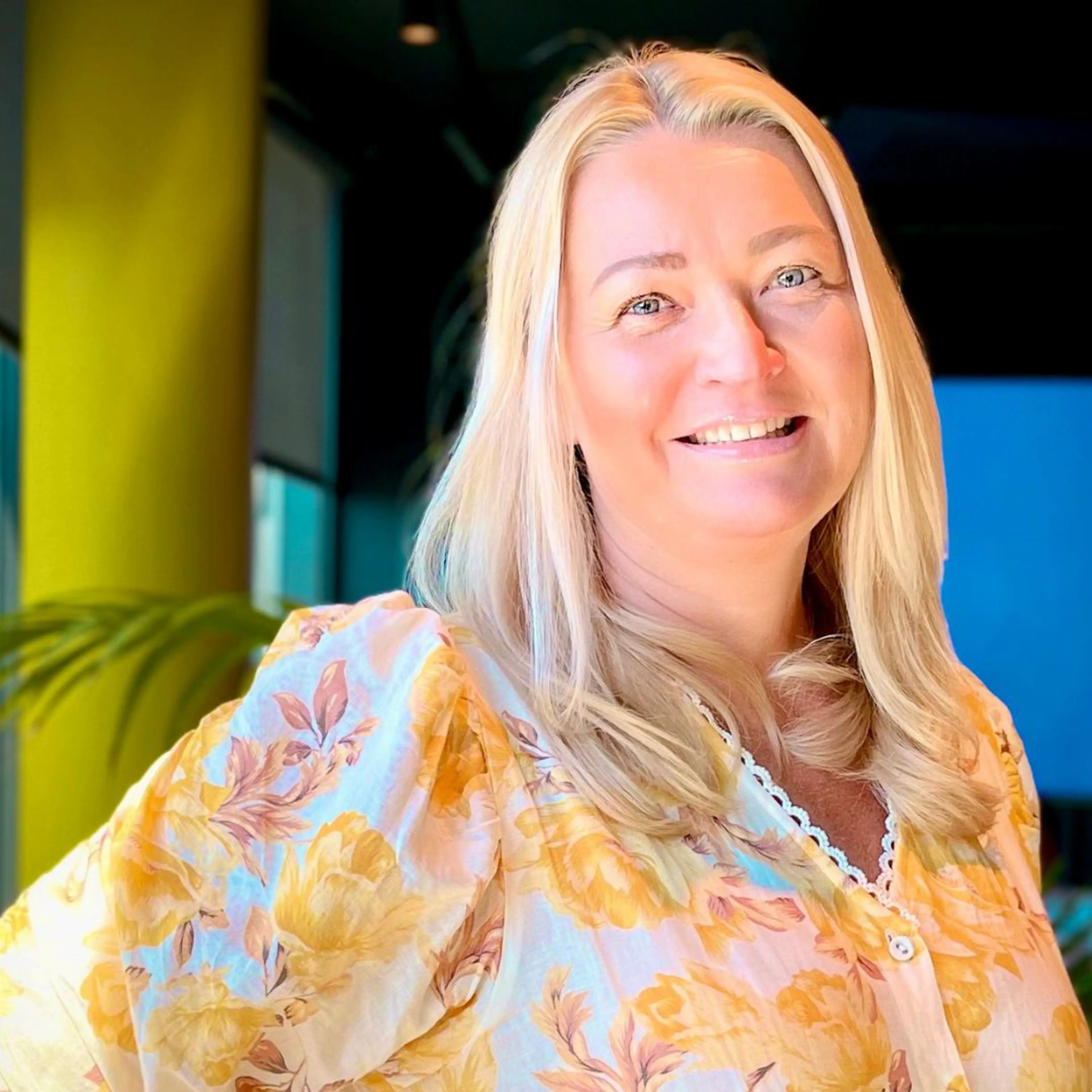Ms Rosberg is the director of the Blue MBA. From the inception of that programme, she has been responsible for its design, development and coordination. On behalf of CBS, she has a fundamental role in building global relationships and networks in the maritime industry. She draws on expertise from wide maritime connections, in terms of academic, industry and research input. Since 2013 she has been an evaluator for the Association of MBAs (AMBA), which is described as representing “the highest standard of achievement in postgraduate business education.”
Of the collaboration with BIMCO, Ms Rosberg said: “This is an unparalleled opportunity for professionals seeking to navigate the intricate waters of contemporary ship management. The combined maritime academic expertise of the CBS Blue MBA Association and BIMCO's commercial and practical experience provides a unique learning proposition.”
The course introduction says that “participants embark on a journey encompassing ship management fundamentals, regulatory frameworks, environmental sustainability, and emerging industry trends. The programme's emphasis on practical sessions, case studies, and diverse topics ensures a holistic understanding of the complexities inherent in ship management.”
Peter Grube, head of training at BIMCO, said of the inaugural Ship Management Diploma programme in Copenhagen in September 2024: "The unique partnership between BIMCO and the Association delivered an innovative and positive learning experience, not least due to the active engagement of the 30 participants who attended. From the very first day, the synergy between our expert trainers and the participants sparked fascinating discussions that left everyone with valuable new insights to explore further. For me, it highlighted the strong demand for training programmes tailored to the specific needs of the ship management industry.
“With this in mind, we are already considering developing new training topics for 2025."
For those taking part in such courses, it will amount to a strategic investment in personal and professional development in the ship management sector. Further, they will be connected to an expert community of specialist professionals and business leaders.
Participants who registered for the September event were from China, Denmark, Spain, Portugal, Norway, US, Germany, Cyprus, Netherlands, Indonesia, Israel and Nigeria.
Sessions started with a briefing on the fundamental principles in ship management, continuing by way of how to assess outsourcing versus in-house management, the competitive landscape, global outlook for the maritime industry, geopolitical and societal trends, world fleet and outlook, cost control, data, BIMCO clauses, facilitating decarbonisation, fuel types and energy efficiency, the challenges of creating and negotiating clauses to support the industry’s reduction of emissions, alternative propulsion, and bunker management, and many other topics, to encouraging innovative thinking within organisations beyond sheer regulatory compliance.
Case studies included attracting and retaining a ship manager’s customer, outsourcing of services, and real-life examples of disputes in relation to BIMCO charterparties.
In other words – it all amounted to the need for a new “holistic” business model for the 21st century, providing efficient and inclusive shipping, as the strong expert tutorial faculty urged.


